The Temple Of Hidden Coitus
幽媾寺
![]()

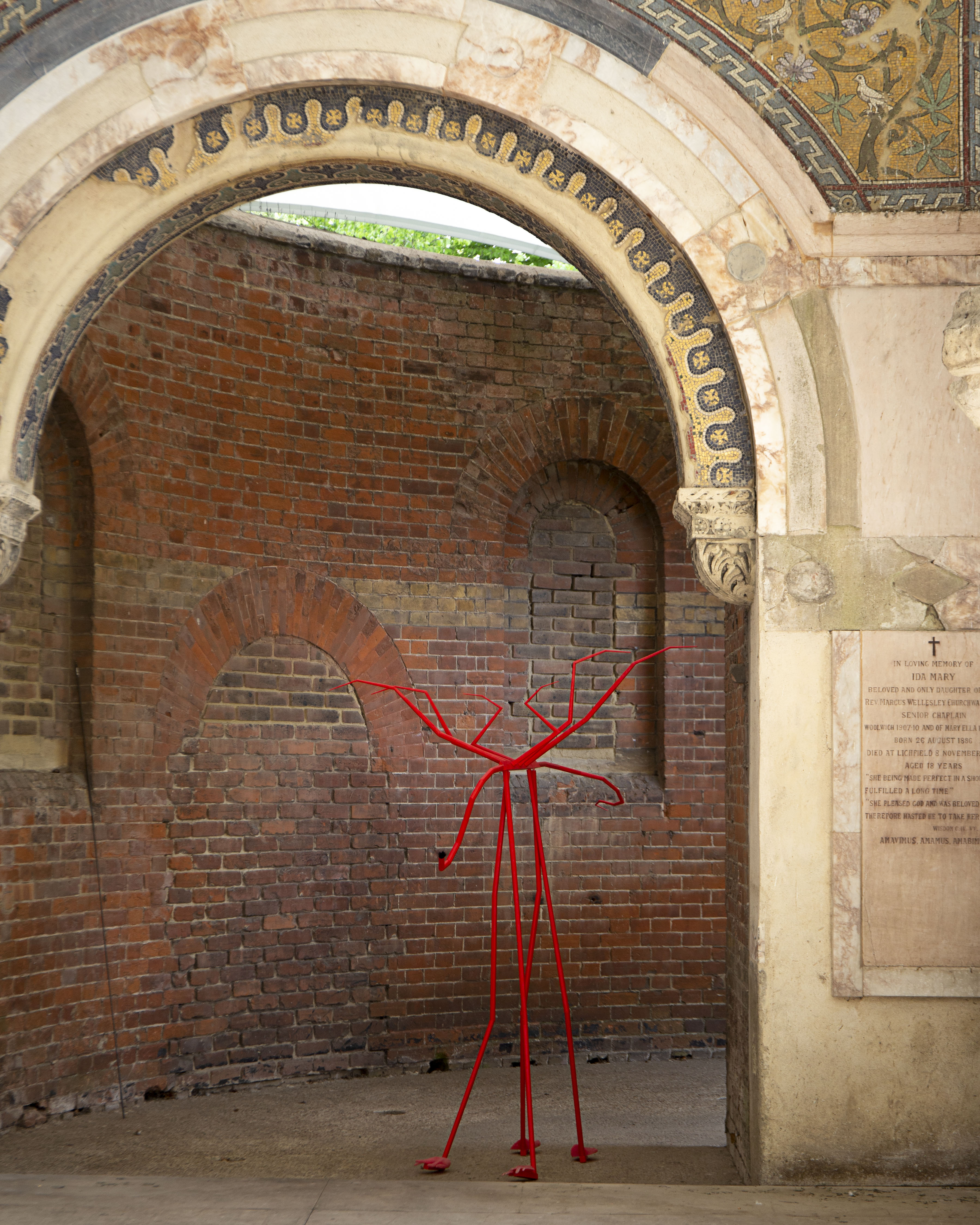
Imagined as a shrine to eroticism, The Temple Of Hidden Coitus contains several sculptures in the form of witchcraft. Rooted in eroticism, these works explore the radiating dimensions of the erotic—selfhood, absence, and violence.
For a long time, witchcraft was an additional language outside of modern science. As a way of dealing with contradictions in the folkloric world, witchcraft provides a place for imagination in the face of humanity's unreachable desires, a triumph of psychological fact. Witchcraft is also the power compensation of the dispossessed, and people of any status can try to escape their dilemmas through the power of witchcraft.
Eroticism is different from love and sexual desire, it is a kind of both spiritual and physical desire, an impulse to eliminate individuality. Often, excess eroticism leads to a kind of violence that, at the individual level, leads to self-destruction or infatuation with the other; At the social level, such violence undermines the rational order of labor.
Daoguang Wen uses wood as his primary material—commonly found in Chinese folk religion—and combines it with mixed materials related to the body to discuss the intense erotic drives and their complex psychological effects on him. This also serves to blur the boundaries between art and witchcraft. In this project, Daoguang adopts witchcraft as a method to explore how it can intensify individual experience or the force of personal desire, and to construct a spiritual space.
幽媾寺被想象为一间关于爱欲的淫祠,其中包含多件巫术形式的雕塑,它们由爱欲出发,探索爱欲辐射出的自我、缺席与暴力等面向。
长久以来,在现代科学之外,巫术是额外的语言。作为民俗世界处理矛盾的一种方式,在人类无可抵达的渴望面前,巫术提供了想象的场所,这是一种心理事实的获胜。 巫术亦是失权者的权力补偿,任何身份的人可以借由巫术中的权力尝试脱离困境。
爱欲区别于爱与性欲,它是一种精神性的身体欲望,一种消除个体性的冲动。 常常,过剩的爱欲导向一种暴力,在个体层面,这种暴力引发自毁或对他者的迷恋;在社会层面,这种暴力破坏理性的劳动秩序。
文道广将木头作为主要材料——这同样是中国民间信仰常用的材料,与有关身体的综合材料结合,讨论旺盛的爱欲对他所产生的复杂心理影响并模糊了艺术与巫术的边界。在这个项目中,文道广将巫术作为方法,探索它能如何程度地强化个体经验或者是个体欲望的力量,并制造一个精神空间。
长久以来,在现代科学之外,巫术是额外的语言。作为民俗世界处理矛盾的一种方式,在人类无可抵达的渴望面前,巫术提供了想象的场所,这是一种心理事实的获胜。 巫术亦是失权者的权力补偿,任何身份的人可以借由巫术中的权力尝试脱离困境。
爱欲区别于爱与性欲,它是一种精神性的身体欲望,一种消除个体性的冲动。 常常,过剩的爱欲导向一种暴力,在个体层面,这种暴力引发自毁或对他者的迷恋;在社会层面,这种暴力破坏理性的劳动秩序。
文道广将木头作为主要材料——这同样是中国民间信仰常用的材料,与有关身体的综合材料结合,讨论旺盛的爱欲对他所产生的复杂心理影响并模糊了艺术与巫术的边界。在这个项目中,文道广将巫术作为方法,探索它能如何程度地强化个体经验或者是个体欲望的力量,并制造一个精神空间。




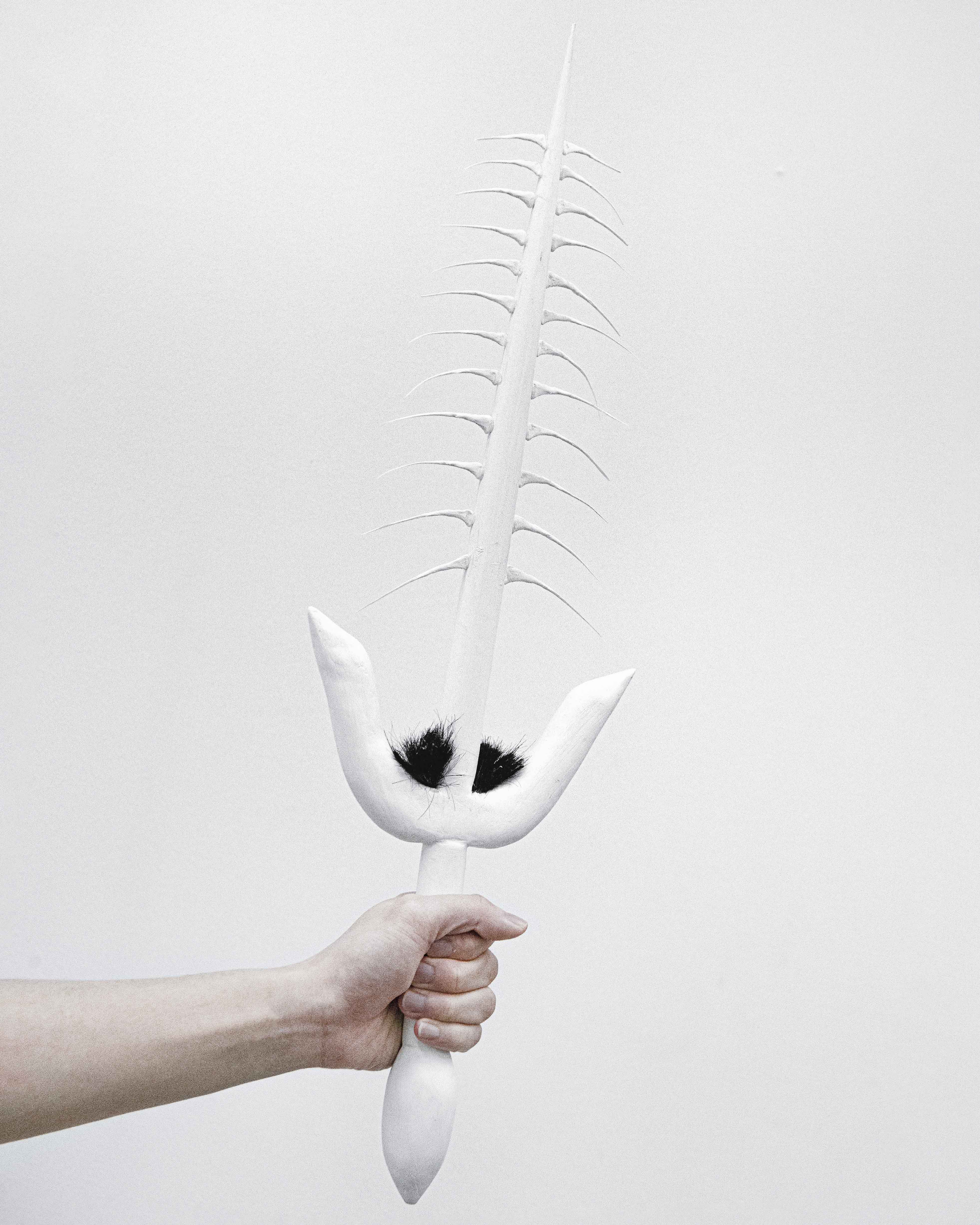
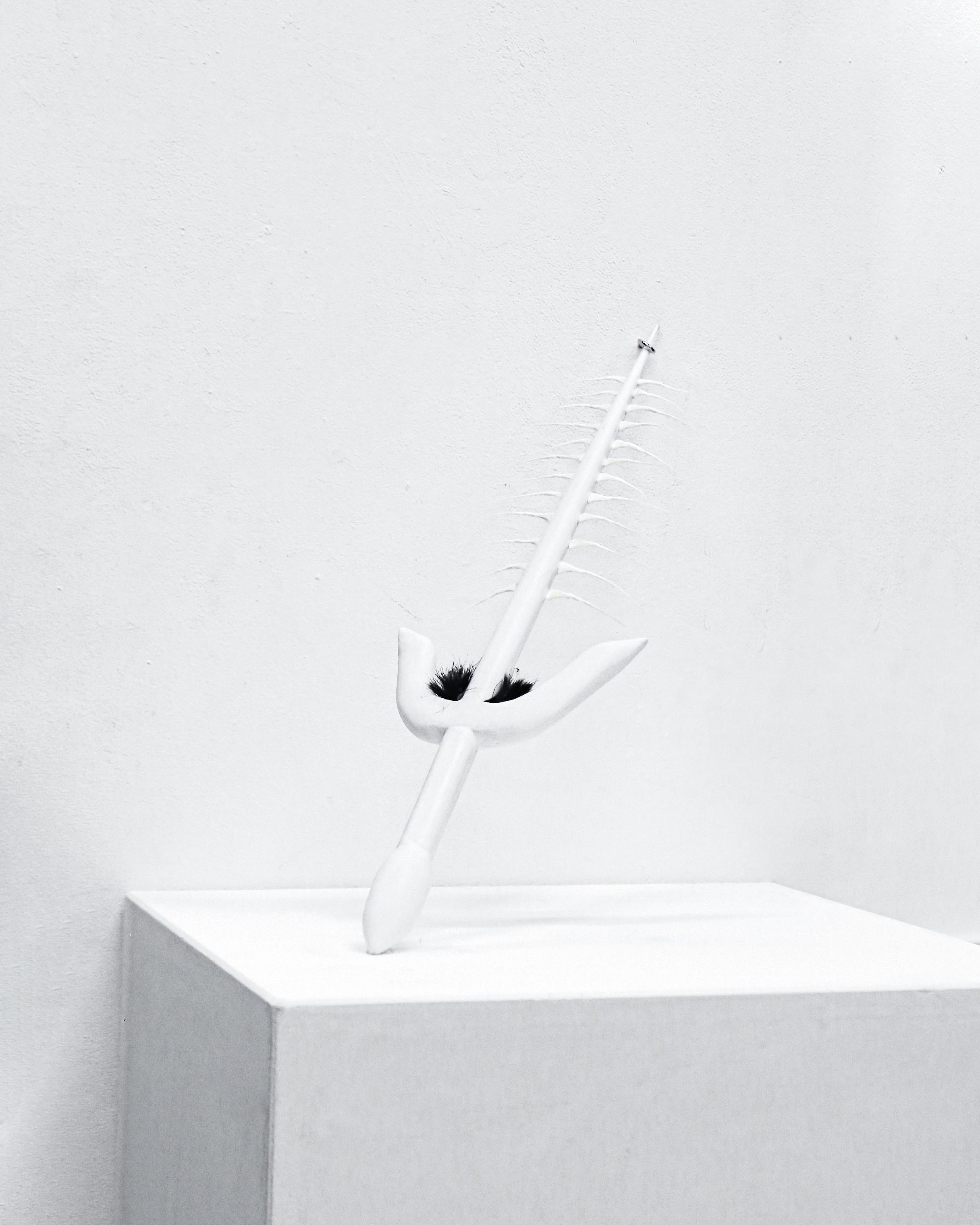

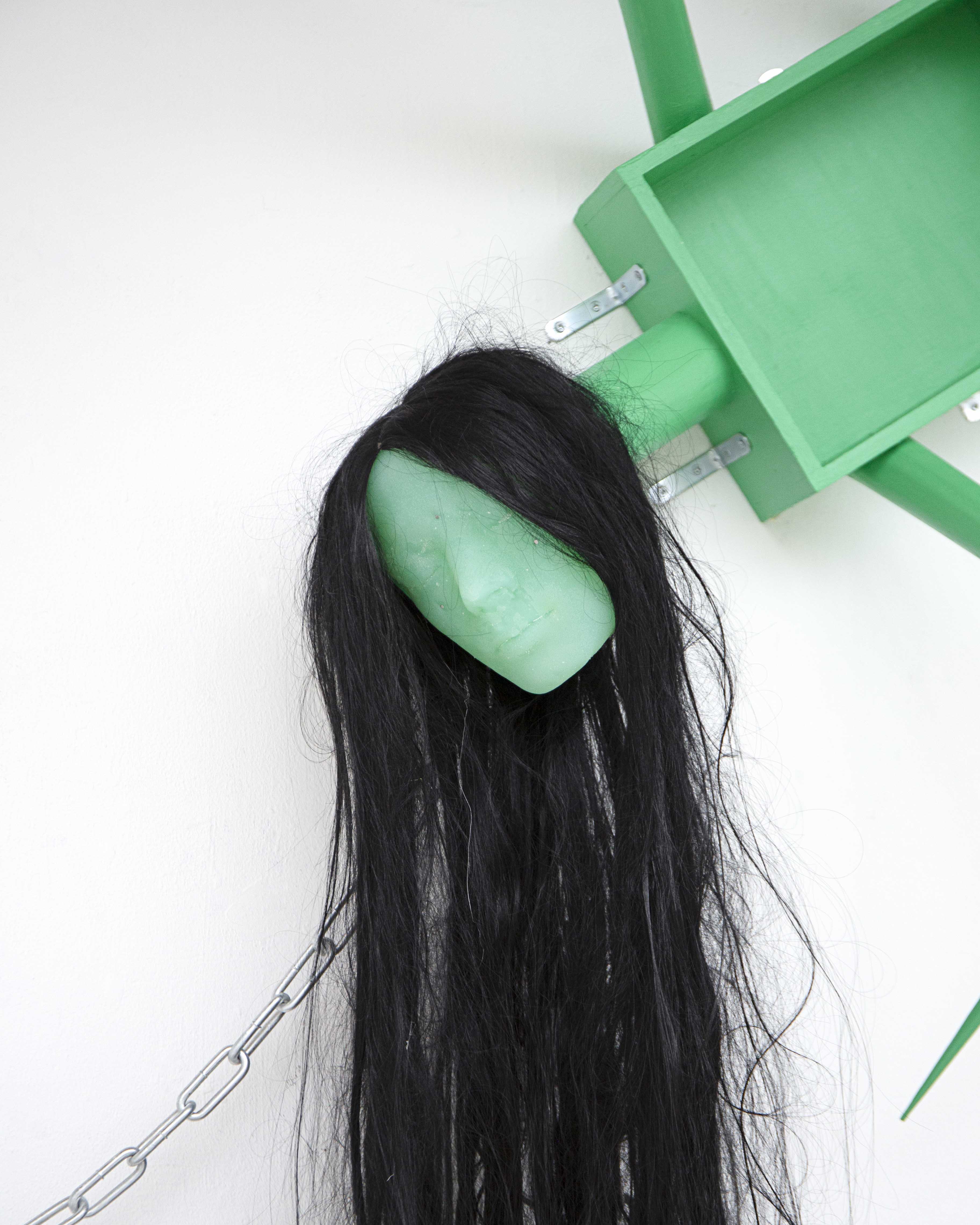
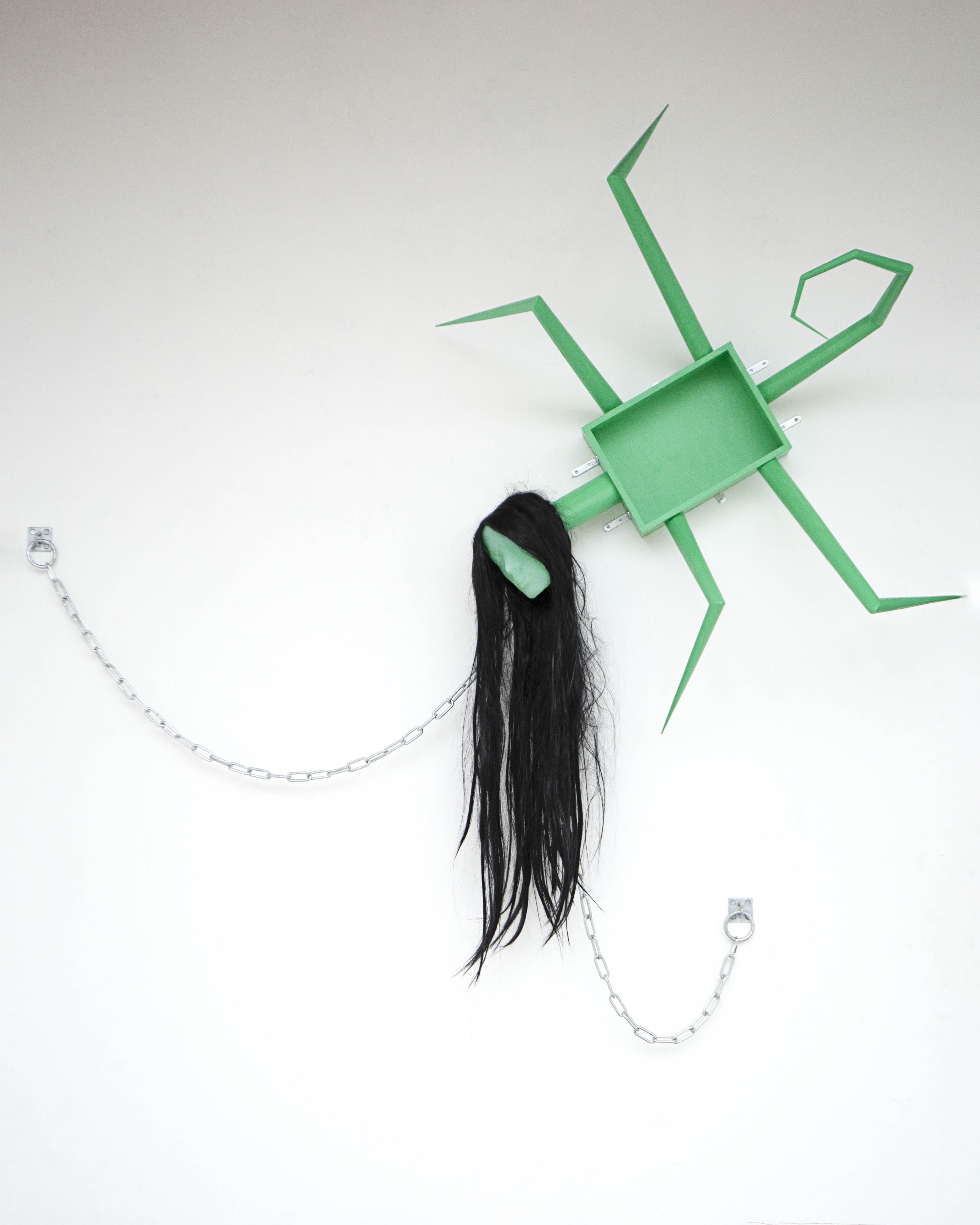





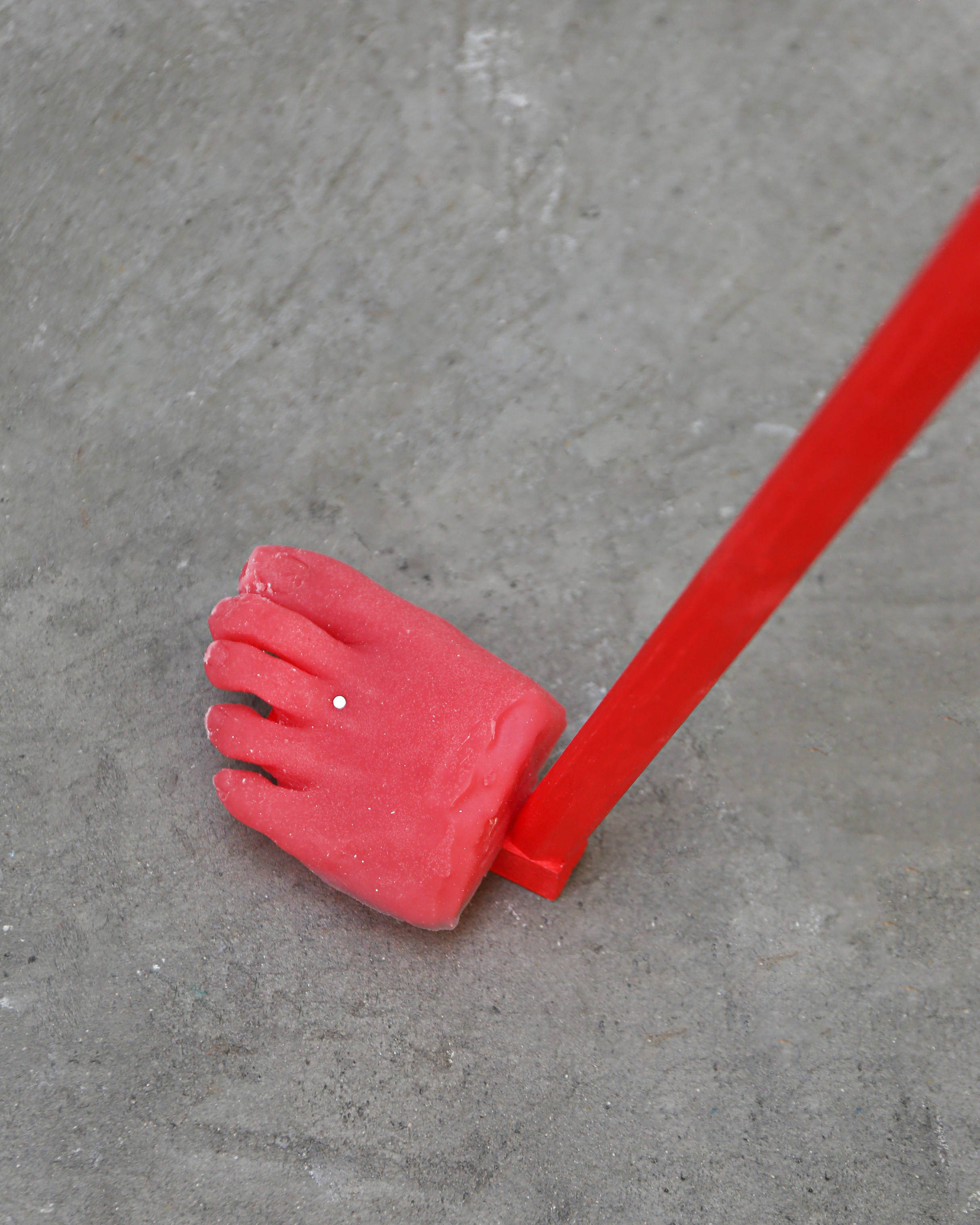

All images and texts copyrights © 2025 Daoguang Wen